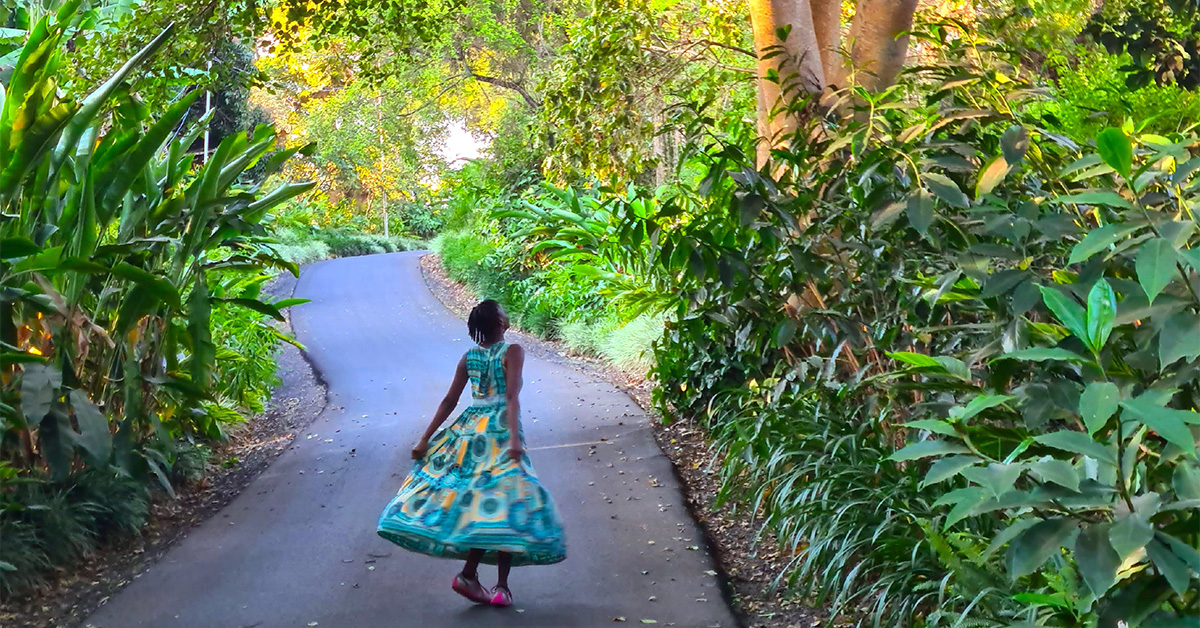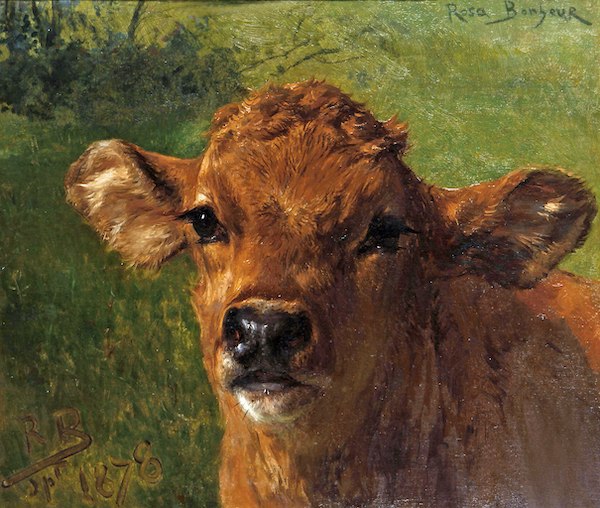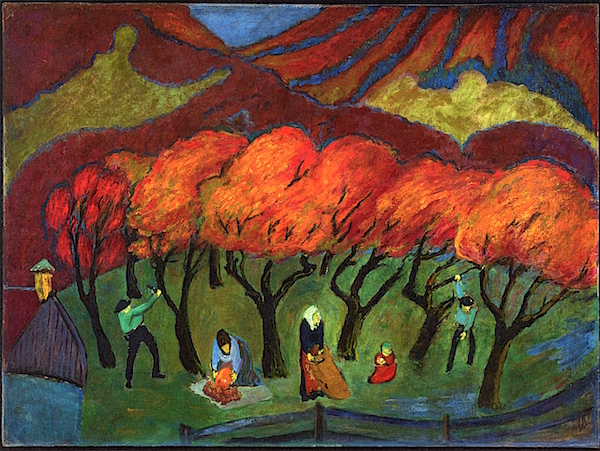

Craig G. Barthlomew is the Director of the Kirby Laing Centre for Public Theology in Cambridge.
This verse from Paul’s first letter to the Corinthians is well known. However, I suspect we easily gloss over the “eat or drink” part, relating it to what we see as really important, perhaps matters like reading our Bibles or praying or evangelising.
Those at Corinth would not have done so because the issue of food offered to idols had become controversial there (1 Cor 10). But nor would any Old Testament believer or Jew. Right from Genesis 1:29–30 and 2:9 food is on the biblical menu, as it were, and amidst the many laws of the OT we find particular, dietary ones (Lev 11). In his fascinating The Hungry Soul: Eating and the Perfecting of Our Nature (NY: Free Press, 1994), the Jewish bioethicist Leon Kass concludes his rich exploration of eating with a chapter on these dietary laws, arguing that they “commemorate the Creation and the Creator and beckon us toward holiness” (198).
In The Big Picture we celebrate the fact that Christ plays in ten thousand places. He does this because the creation is his playground; from him, through him and to him are all things. And that includes food and place, the theme of this edition of TBP. In “5 Reasons” I attend to place and thus this editorial focuses on food. Like place, we in the West easily take food for granted, treating it like the petrol or gas we unthinkingly put in our cars, whereas food and eating are charged with meaning: “eating … turns out to be a perfect subject for reopening the question about nature, human nature, and ethics” (11).
As with place, food reminds us that we are embodied, and that this is good and to be celebrated. According to Genesis 2:9 Eden is full of beautiful trees that are also good for food (וְט֣וֹב לְמַאֲכָ֑ל). “Good” is the same word used repeatedly for God’s pronouncements about the different aspects of the creation in Genesis 1:1–2:3. Amid the concise narrative of Genesis 2, we need to take time to reflect on the immense variety of plant food built into the creation and the myriad ways in which different cultures have discovered and developed these down through the centuries, giving rise to great, rich traditions of preparing tasty, nutritious meals.

Like all sentient creatures we eat the creation in order to survive. Eating “is the first and most urgent activity of all animal and human life: We are only because we eat” (2). In recent decades we have become increasingly aware that not just any food will do; mass produced food often reduces the nutrients that we need in order to survive and flourish. Not surprisingly organic and local have become catchwords of our time, and rightly so.
For humans, however, food is about more than survival. It relates to how we steward and treat the non-human world, and this will understandably have led some readers to become vegetarians and vegans. Making the food chain almost entirely subservient to a consumer culture does little good for us, our fellow creatures, or the environment. The cruel and unhelpful practices of much agribusiness have been rightly critiqued by authors like Wendell Berry. Whether we opt for vegetarianism or not – and it is great to see plant-based alternatives developing and readily available – we ought all to have a vested interest in how our fellow creatures are treated. Animals are sentient creatures, and we have a responsibility to see that they are not treated cruelly merely in order to produce food as quickly and profitably as possible. It is greatly to the credit of those Christians like William Wilberforce who fought for the abolition of slavery in the nineteenth century that they also fought for animal rights and founded the SPCA, later to become the RSPCA. We do well to follow their example.
To eat responsibly we will need to reconnect with nature and become familiar again with where our food comes from and how it reaches us. For years when I lived in Hamilton, Ontario, Canada, I was privileged to shop regularly at The Mustard Seed Co-op, established in 2014 by Christians, including Graham Cubitt. They knew the farms from which their food came, and it was a delight to participate in such an initiative, one which sadly closed during the pandemic. We need a thousand such initiatives.

Tinned food and packaged meals have their place, but something is lost when we settle for the bland, reproduced en masse, while our history and cultures hold so much treasure in terms of gathering and preparing great meals. Fast food has its limits and there is much to be gained from time taken to bake fresh bread, hours spent preparing a tasty and healthy meal, providing a rich context for community and family life. Robert Capon observes that, “We were given appetites, not to consume the world and forget it, but to taste its goodness and hunger to make it great” (The Supper of the Lamb [NY: Farrar, Straus. and Giroux, 1967, 1969], 189). We will not recover such hallowed glory of the ordinary if we do not slow down and take time.
Food is also a major means whereby we enjoy and deepen our relationships. After the Sinai covenant was formalised in Exodus 24, Moses, Aaron, Nadab and Abihu and seventy of the elders of Israel – representing the people as a whole – ascend the mountain; they see God and share a meal in his presence. Meals facilitate and express communion, and it has been noted, not surprisingly therefore, that Jesus eats his way through the Gospels, constantly sharing meals. Good food and hospitality go hand in hand, whether of the simplest sort or a grand gesture such as that in Babette’s Feast, an older film well worth seeing. (See The Hungry Soul, 183–192). Kass says of Babette’s feast that, “Thanks to genius and taste, thanks to the extreme generosity and openness of both host and guest, the visage of the eternal shows itself in the midst of the most temporal, as superb food and wine nourish also the spiritual hungers of the assembled.”
So what does eating and drinking to the glory of God look like? It certainly means doing so responsibly and as good stewards of the creation and of ourselves. And it certainly means being mindful of our neighbours, even if they live in impoverished countries far from us. But it also means with joy and delight, celebrating the extraordinary gift of food. Robert Capon is certainly not a vegetarian, but he does capture love for and celebration of food like few others. He notes that,
“It will be precisely because we loved Jerusalem enough to bear it in our bones that its textures will ascend when we rise; it will be because our eyes have relished the earth that the color of its countries will compel our hearts forever. The bread and the pastry, the cheeses, the wine, and the songs go into the supper of the Lamb because we do: It is our love that brings the City home.” (The Supper of the Lamb, 190).